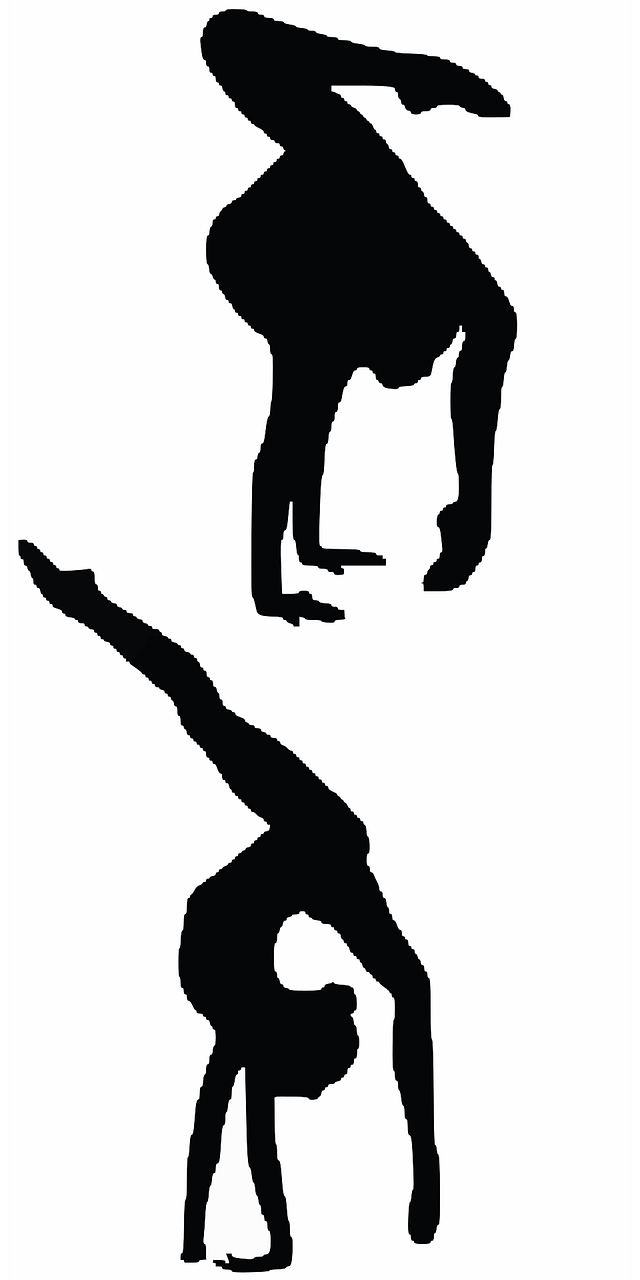The Art of Gratitude: Unleashing its Power for Personal Growth and Well-being
Introduction
In today's fast-paced world, we often find ourselves consumed by the hustle and the pursuit of success, often overlooking the simple yet profound act of expressing gratitude. The word "gratitude" is not just a verb; it's a mindset, a practice, and a gateway to a more fulfilling life. This article aims to delve into the significance of gratitude in our daily lives, explore its scientific benefits, and provide practical strategies to cultivate an attitude of thankfulness. By the end, you'll not only understand why being 'unthankful' can be detrimental but also discover how gratitude can transform your outlook on life.
The Power of Gratitude: A Psychological Perspective
Research by psychologists like Robert Emmons and Michael McCullough has shown that regularly practicing gratitude can significantly improve mental health. Emmons' "gratitude journaling" study found that participants who wrote down three things they were grateful for each day experienced increased happiness, decreased depression, and better sleep quality. In fact, a 2011 study revealed that grateful individuals had a stronger immune system, with a higher level of antibodies defending against illness.
The Science Behind Gratitude's Benefits
Gratitude fosters a positive emotional connection with others, which leads to stronger relationships and social support. It promotes empathy, kindness, and generosity, creating a ripple effect of goodwill. Furthermore, gratitude helps combat negative emotions like envy and resentment, allowing us to maintain a healthier perspective on life's challenges.
Practical Strategies to Cultivate Gratitude
1、Daily Reflection: Start your day by acknowledging what you're thankful for. This can be as simple as a hot cup of coffee or a supportive friend's text.
2、Gratitude Journaling: Write down three things you're grateful for each day. Reflect on why these things matter to you and how they positively impact your life.
3、Expressing Thanks: Make it a habit to express gratitude to others, whether through a heartfelt thank-you note or a verbal acknowledgement.
4、Mindfulness: Incorporate gratitude into your mindfulness practice by focusing on the present moment and appreciating the small joys in life.
5、Gratitude Walks: Take a walk in nature and mentally acknowledge the beauty around you, from the sunshine to the chirping birds.
Real-Life Examples and Stories
Meet Sarah, a busy professional who started a gratitude practice after experiencing burnout. By dedicating a few minutes each day to reflecting on her blessings, she noticed a shift in her attitude. Her relationships improved, work stress reduced, and she felt a renewed sense of purpose. This story highlights how gratitude can be a powerful tool for self-improvement.
Conclusion
Embracing gratitude isn't about denying the hardships life may throw at us; rather, it's about recognizing the silver linings and finding joy in the midst of adversity. As we navigate the complexities of our modern lives, cultivating an attitude of gratitude can enhance our well-being, relationships, and resilience. So, take a step back, pause, and appreciate the little things. Your heart will thank you, and so will those around you.
Encourage further exploration into the topic by diving into research, attending gratitude workshops, or joining gratitude groups. Remember, gratitude is a journey, and every small act counts. Start today, and watch your life transform through the power of appreciation.








